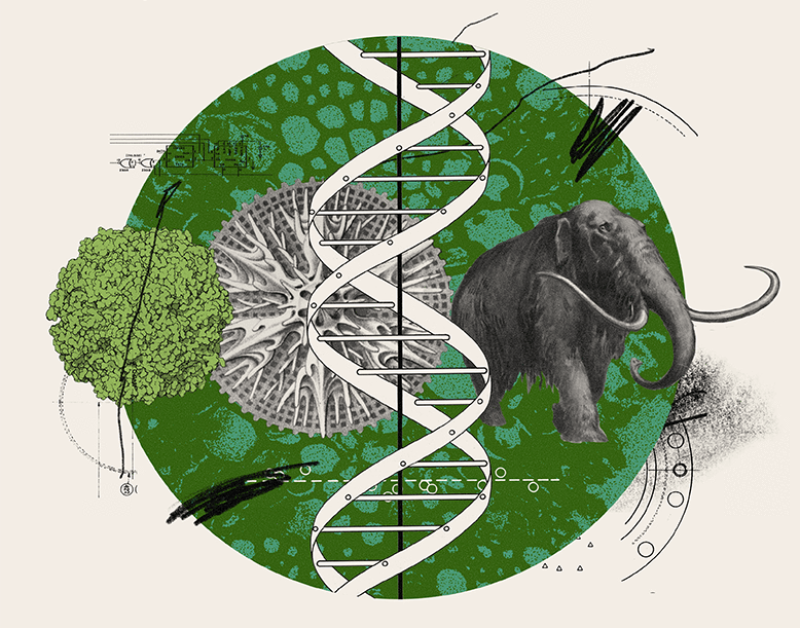Synthetic biology has become a powerful tool to advance science, making processes more efficient, enabling completely new approaches to biology, and helping scientists find the right answers, faster.
These capabilities are having a ripple effect. They help researchers pursue avenues that had not been economically feasible or, in some cases, scientifically possible.
…
During the COVID-19 pandemic, we’ve seen how patient antibodies can provide templates for further discovery and optimization. Synthetic biology allows us to rapidly synthesize the genes associated with these antibodies and create thousands of variations to develop the most precise therapeutic molecules.
A couple of years ago, researchers from the United States and the United Kingdom developed a plastic-eating enzyme, called PETase, which can dissolve most plastics… Synthetic biology offers ways to accelerate this process. As with antibodies, customizable clonal genes can help laboratories rapidly and inexpensively test thousands of enzyme variants to find the ones that most effectively break down plastics.
…
Replicating a single hard drive is easy and takes only a few minutes. However, making a million copies is a much more intensive process.
But biology offers potential solutions. The enzyme polymerase can make a million DNA copies in an hour. Down the road, we will be able to use genetic material for even more complex computing tasks.































